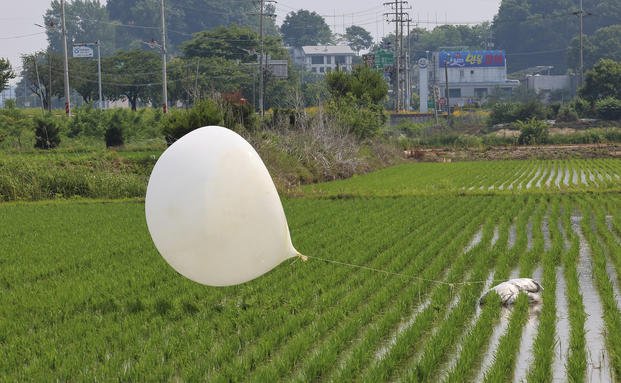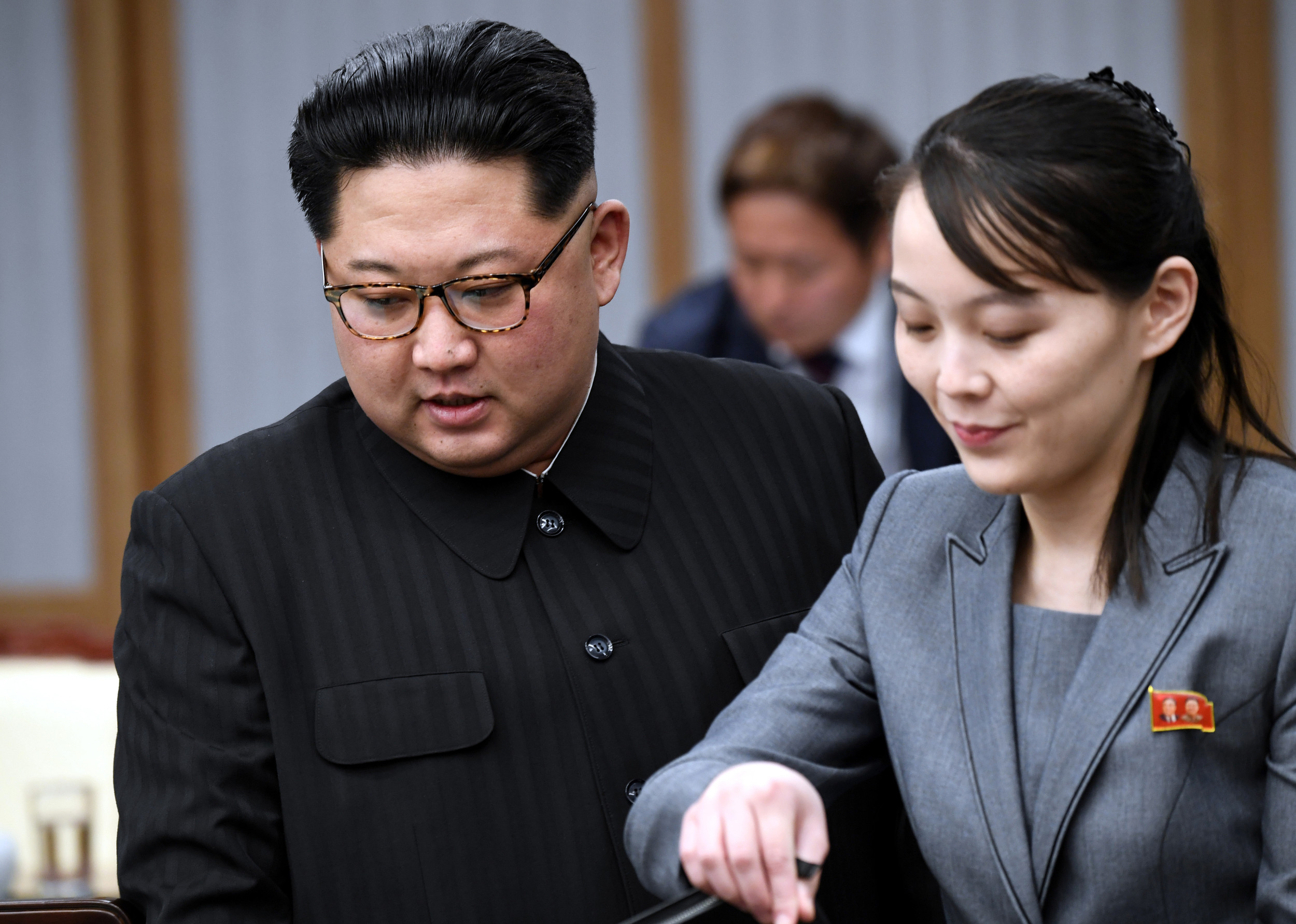
North and South Korea have been engaged in a psychological warfare battle, with each side launching balloons carrying propaganda materials across the border. In recent weeks, North Korea has resumed flying balloons likely carrying trash towards South Korea in response to South Korean activists scattering political leaflets via their own balloons.
According to reports, more than 2,000 balloons have been sent from North Korea since late May. These balloons carry wastepaper, scraps of cloth, cigarette butts, and even manure towards South Korea. The South Korean military has warned the public to be cautious of falling objects and report if they spot balloons on the ground.
North Korea views such activities as a grave provocation that can threaten its leadership because it bans official access to foreign news for most of its population. In response, South Korea suspended a tension-reduction deal with North Korea, resuming propaganda broadcasts briefly and frontline military drills at border areas.
Tensions between the two Koreas have already been running high due to North Korea's provocative run of missile tests and the expansion of US-South Korean military drills that North Korea calls invasion rehearsals. Experts say North Korea's expanding ties with Russia could embolden Kim Jong Un to stage bigger provocations.
Kim Yo Jong, the powerful sister of North Korean leader Kim Jong Un, has threatened new retaliatory steps against South Korea. She warned that South Korean 'scum' must be ready to pay 'a gruesome and dear price' over the leafleting activities.
South Korea officials say they don't restrict activists from flying leaflets to North Korea, in line with a 2023 constitutional court ruling that struck down a contentious law criminalizing such leafleting, calling it a violation of free speech.
Despite the repeated warnings from North Korea, South Korean activists continue to launch balloons carrying anti-Pyongyang propaganda towards North Korea. The situation remains tense and could escalate further if both sides fail to find a diplomatic solution.


